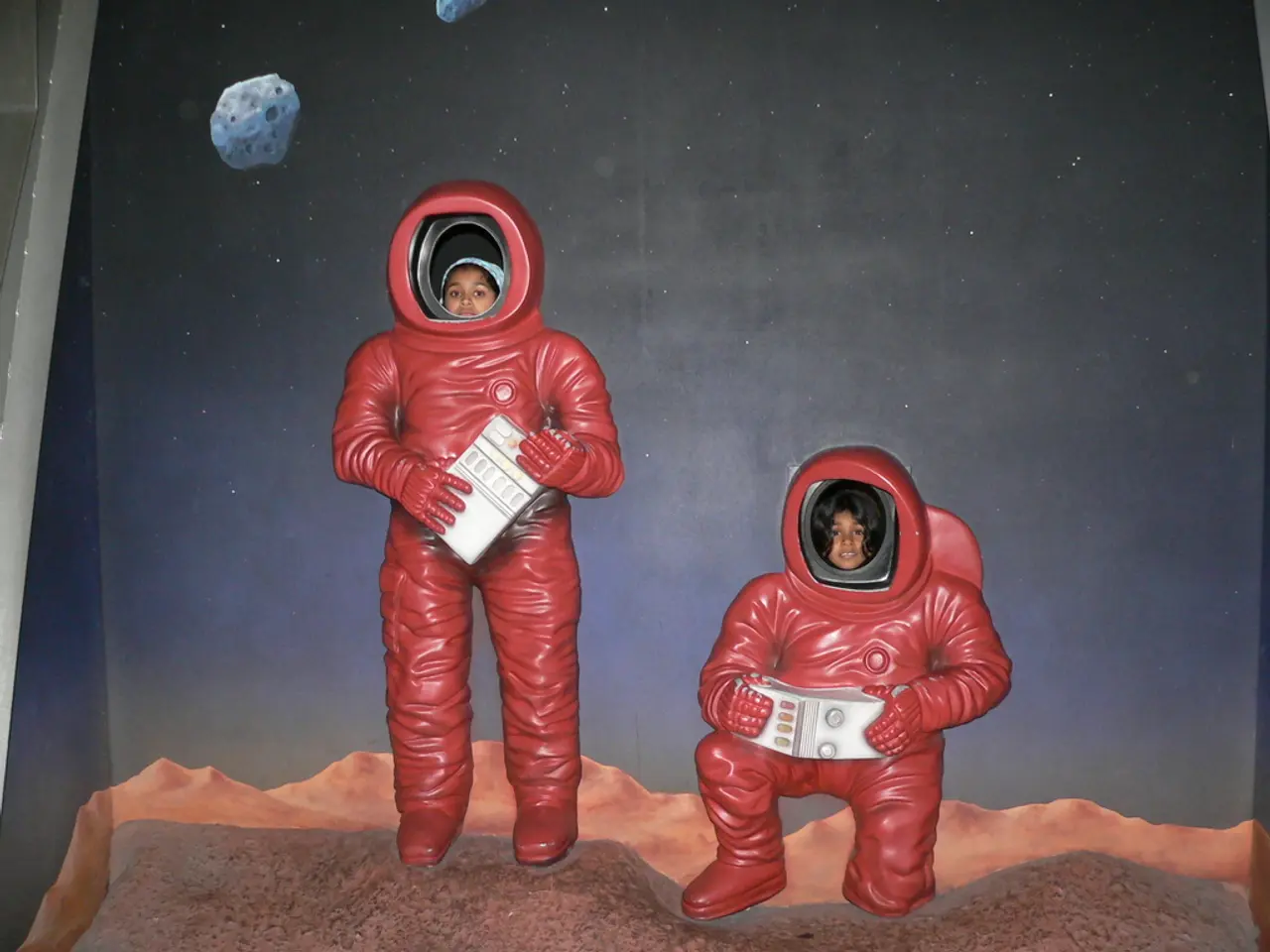United States' Lunar Dominance Imperiled if NASA's Artemis Project Faces Setbacks, Warn Experts to Senate
The race to the Moon is heating up, with the United States and China locked in a fierce competition that could shape the future of space exploration. The Senate Commerce Committee recently held a hearing titled "There's a Bad Moon on the Rise," to discuss legislative priorities for NASA's reauthorization.
The decisions Congress makes over the next several months will be crucial in determining the timeline of NASA's Artemis program, intended to land astronauts on the Moon by mid-2027. The hearing aimed to ensure that the U.S. maintains its leadership in space amidst challenges from China.
NASA's Artemis program faces uncertainty due to delays, proposed budget cuts, and a lack of unified direction. One of the key challenges is the absence of a fully operational lunar lander. The U.S. lacks such a lander, in part due to development issues with SpaceX's Starship. Starship, the agency's contracted Human Landing System, has experienced repeated explosive failures during its development.
However, Starship's most recent test flight was successful, but it still needs to prove its in-orbit refueling capability and safely land an uncrewed lunar mission before it can carry NASA astronauts. The stakes are high, as China has made significant strides in its lunar program.
China has successfully completed the first integrated landing and takeoff test for its Lanyue crewed lunar lander. Other key components of China's lunar program infrastructure, such as the Long March 10 rocket and crew vehicle's abort system, have also made progress.
Turning away from the Artemis program now would squander this unprecedented global investment in space exploration and force international allies to seek partnerships with America's geopolitical rivals. If China beats the U.S. to the Moon, it could result in a global realignment that impacts the economy, tax base, ability to innovate, and national security.
The acting NASA Administrator, Sean P. Duffy, appointed Amit Kshatriya as Associate Administrator, the agency's top civil service role. Kshatriya, a 20-year NASA veteran, most recently served as the deputy in charge of the Moon to Mars program. His appointment reflects a renewed focus on exploration at NASA.
However, uncertainty surrounding the Artemis program's progress, budget, and architecture could damage relationships with industry and international partners. Former NASA administrator Jim Bridenstine testified that NASA's reliance on SpaceX puts Artemis at risk of falling behind China's lunar program.
Gateway, a planned space station intended for lunar orbit, was canceled in the president's 2026 budget proposal but received $750 million per year in funding through fiscal year 2028 by Congress. More than 60% of Gateway's cost is being borne by NASA's international partners, with billions already spent.
The U.S. is at risk of losing its lead in the new space race to China. The stakes are high, and the future of space exploration hangs in the balance. It is crucial that Congress provides the necessary funding and support to ensure the success of the Artemis program and maintain the U.S.'s position as a leader in space.
Read also:
- Peptide YY (PYY): Exploring its Role in Appetite Suppression, Intestinal Health, and Cognitive Links
- Toddler Health: Rotavirus Signs, Origins, and Potential Complications
- Digestive issues and heart discomfort: Root causes and associated health conditions
- House Infernos: Deadly Hazards Surpassing the Flames








